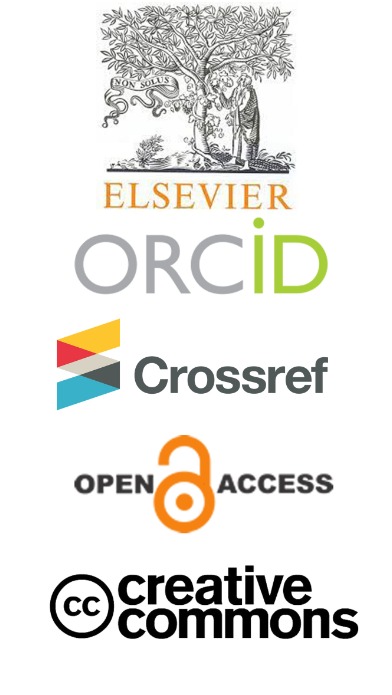INTERNAL COMBUSTION ENGINE AIR-FUEL RATIO MANAGEMENT UTILISING AN ARTIFICIAL NEURAL NETWORK WITH SLIDING MODE CONTROL DESIGNED TO TOLERATE SENSOR FAILURES
Keywords:
Artificial neural network, sliding mode control, air-fuel ratio control, Lyapunov stability, and fault-tolerant controlAbstract
Using artificial neural networks (ANNs) and sliding mode controls (SMCs) for the active and passive components, respectively, this research offers a new hybrid fault-tolerant control system (HFTCS). The suggested system has the potential to provide both post-fault optimum performance and stability against unanticipated quick disturbances. The observer model of an active fault tolerant control system (AFTCS) includes a fault detection and isolation (FDI) unit that estimates bad sensor data using an artificial neural network (ANN). A robust state-machine controller (SMC) is used to construct the air-to-fuel ratio (AFR) controller in the PFTCS component, which enables for fault management within specified bounds without the need for estimate. SMC will be the passive component that responds immediately to faults, while ANN will be the active component that optimises performance post-fault via active compensation. In addition, a Lyapunov stability study was carried out to guarantee the system's steadiness under both typical and abnormal operating settings. The Matlab/Simulink simulation results demonstrate that the suggested controller can withstand errors in both clean and noisy sensor measurements. When compared to prior efforts, the proposed hybrid algorithm is shown to have greater performance.



